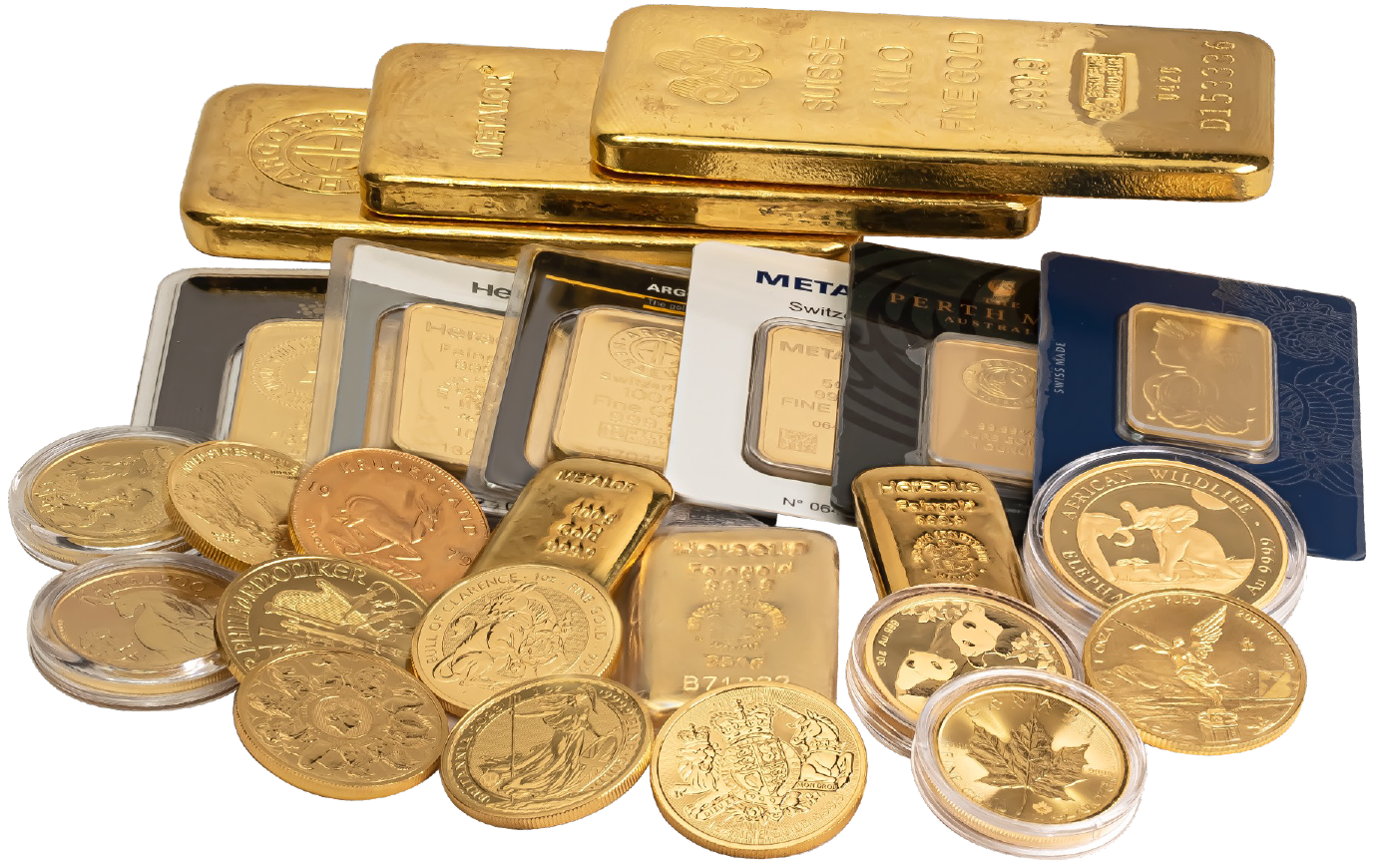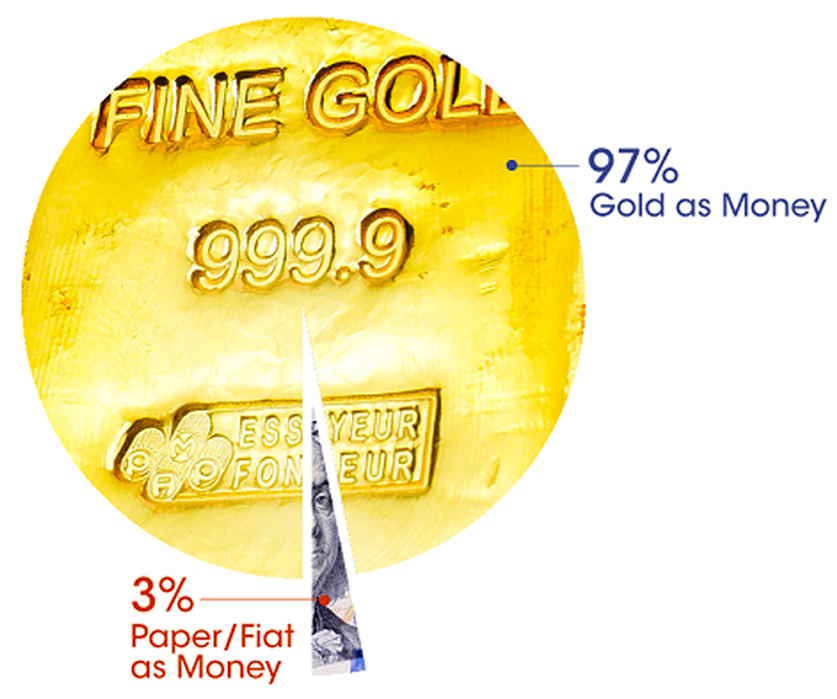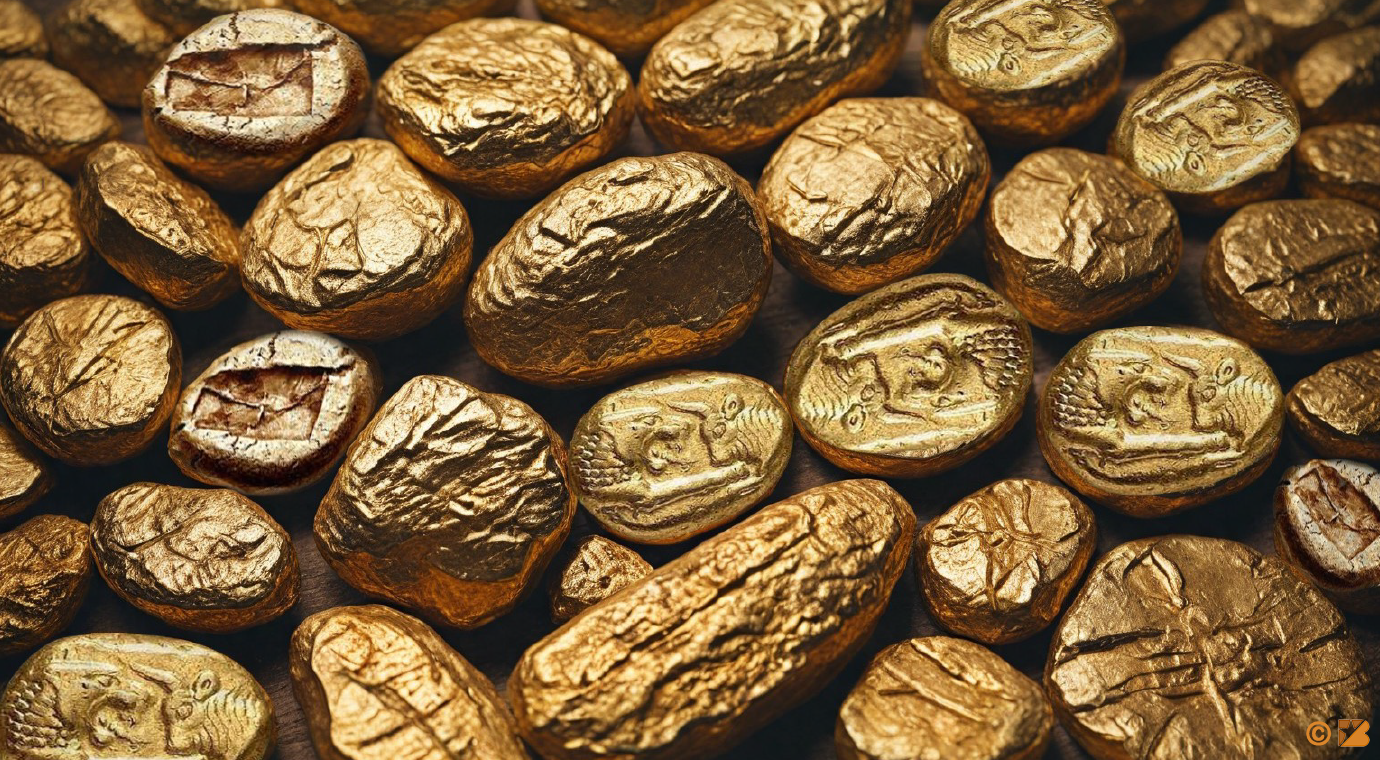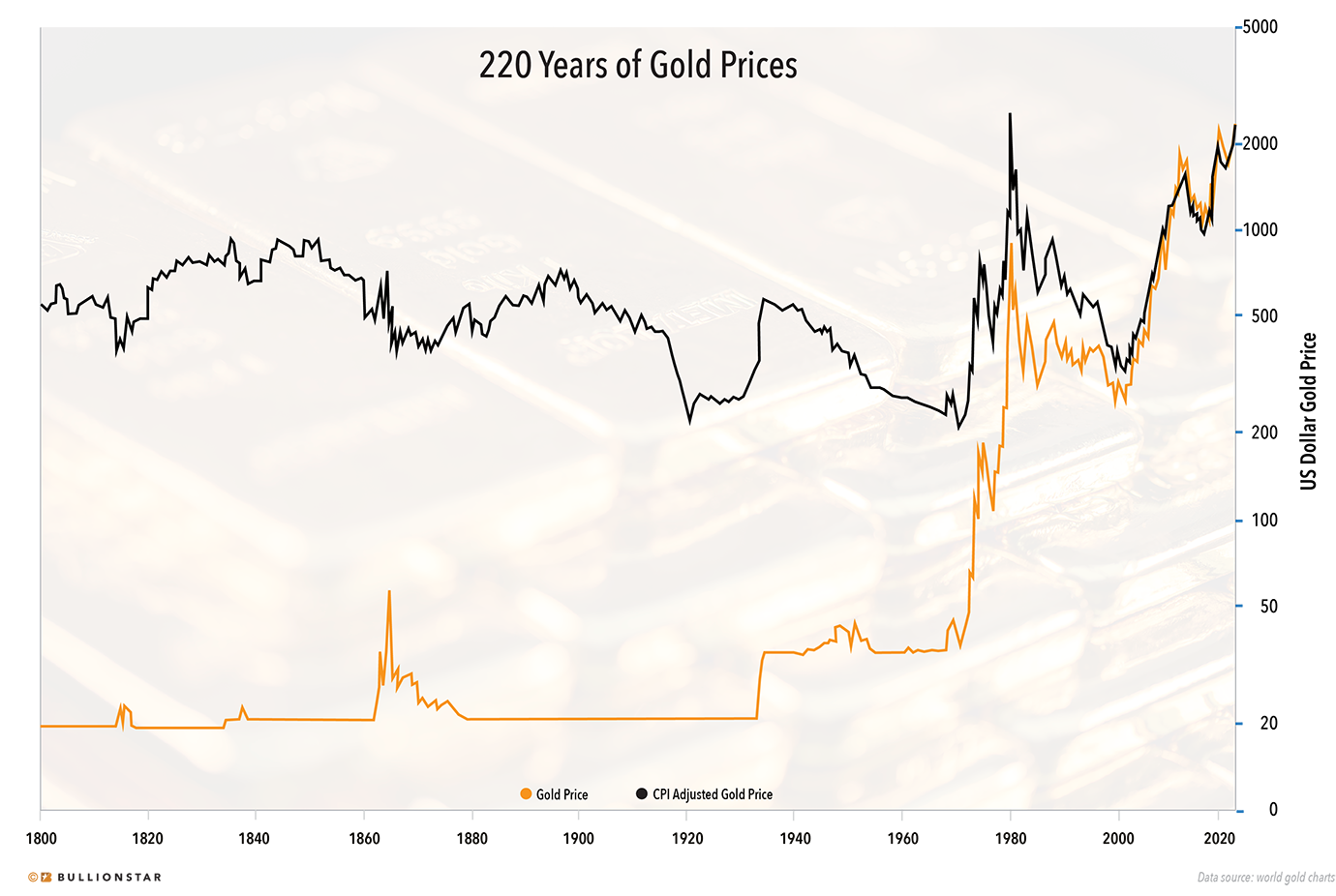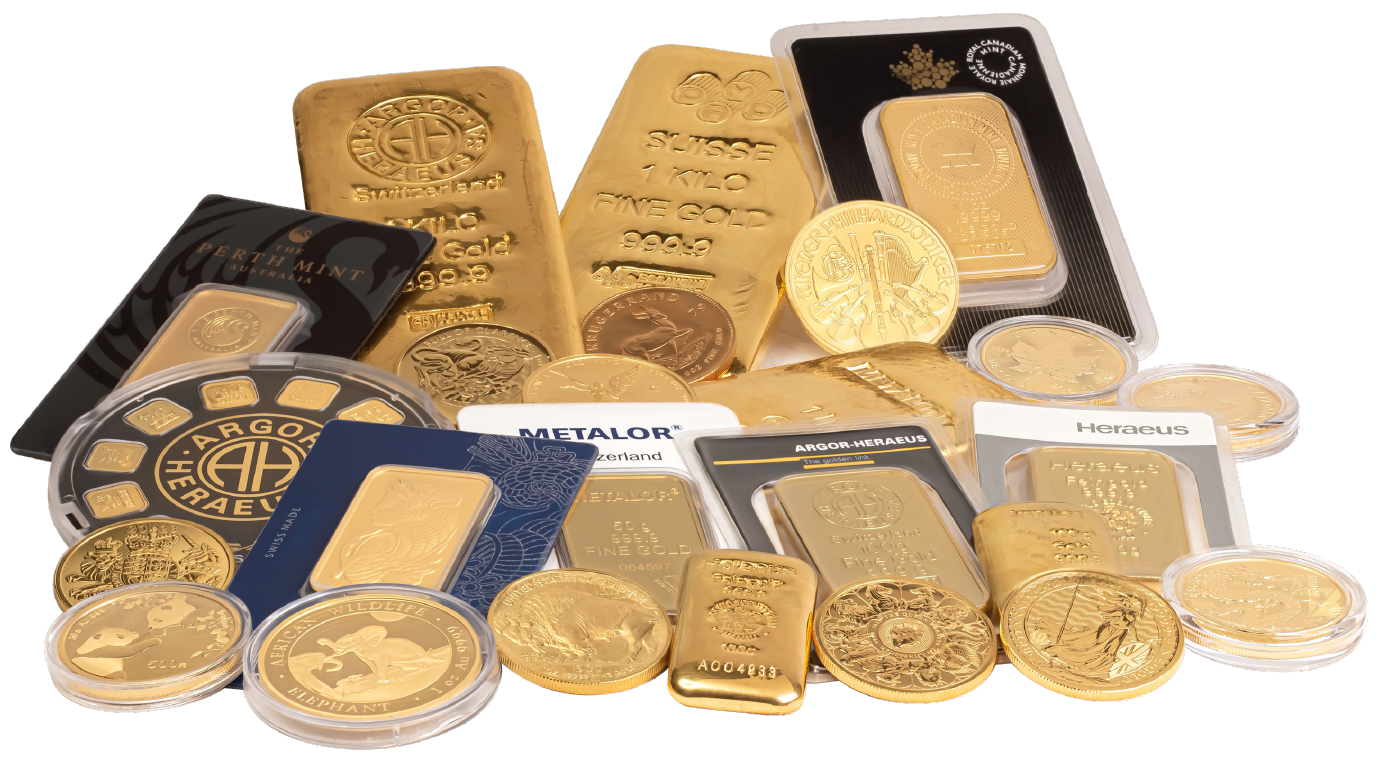For starters, money has the following functions:
- It can be used as a medium of exchange in transactions
- It is a store of value that preserves wealth over time
- It acts as a unit of account for transactions and valuations
- It provides a standard of deferred payment such as allowing a debt to be valued or paying for goods and services at some point in the future
Money also has the following characteristics:
- It must be durable
- It must be easily divided into smaller units
- It must have inherent value
- It must be scarce to keep its value high
- It must be fungible (i.e., easy to substitute one unit for another)
- It must be widely accepted
- It must be easy to transport and store.
- It must be difficult to counterfeit


